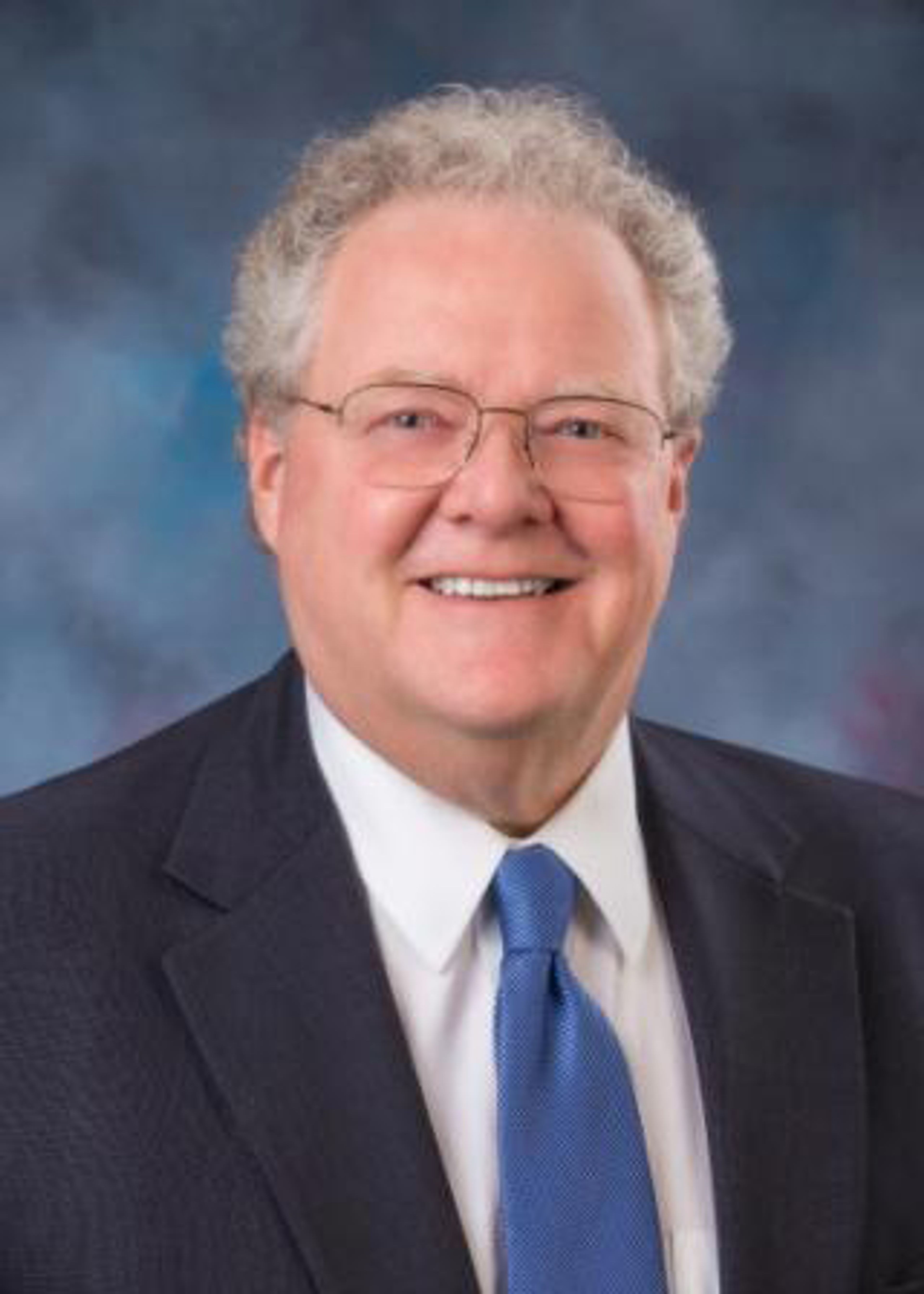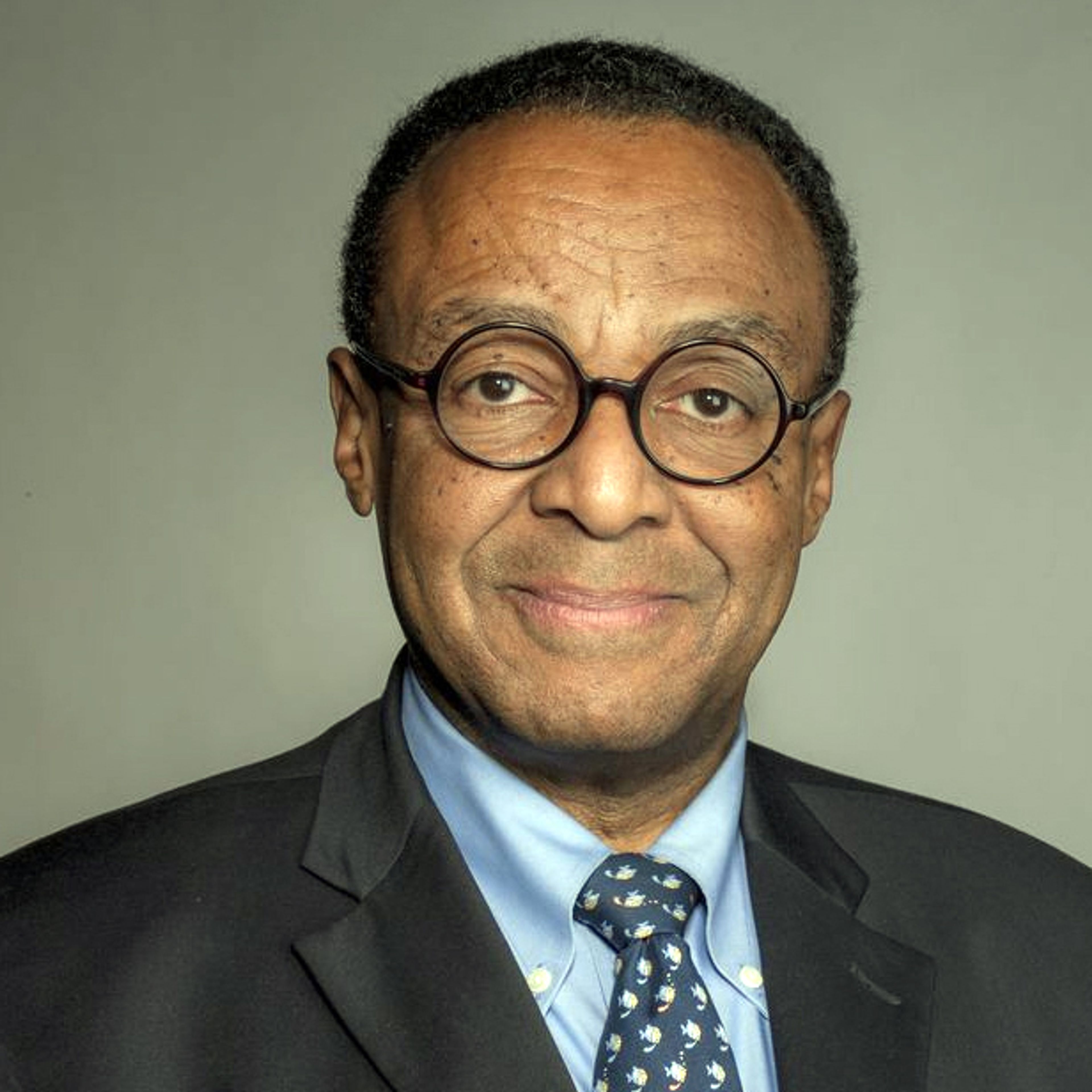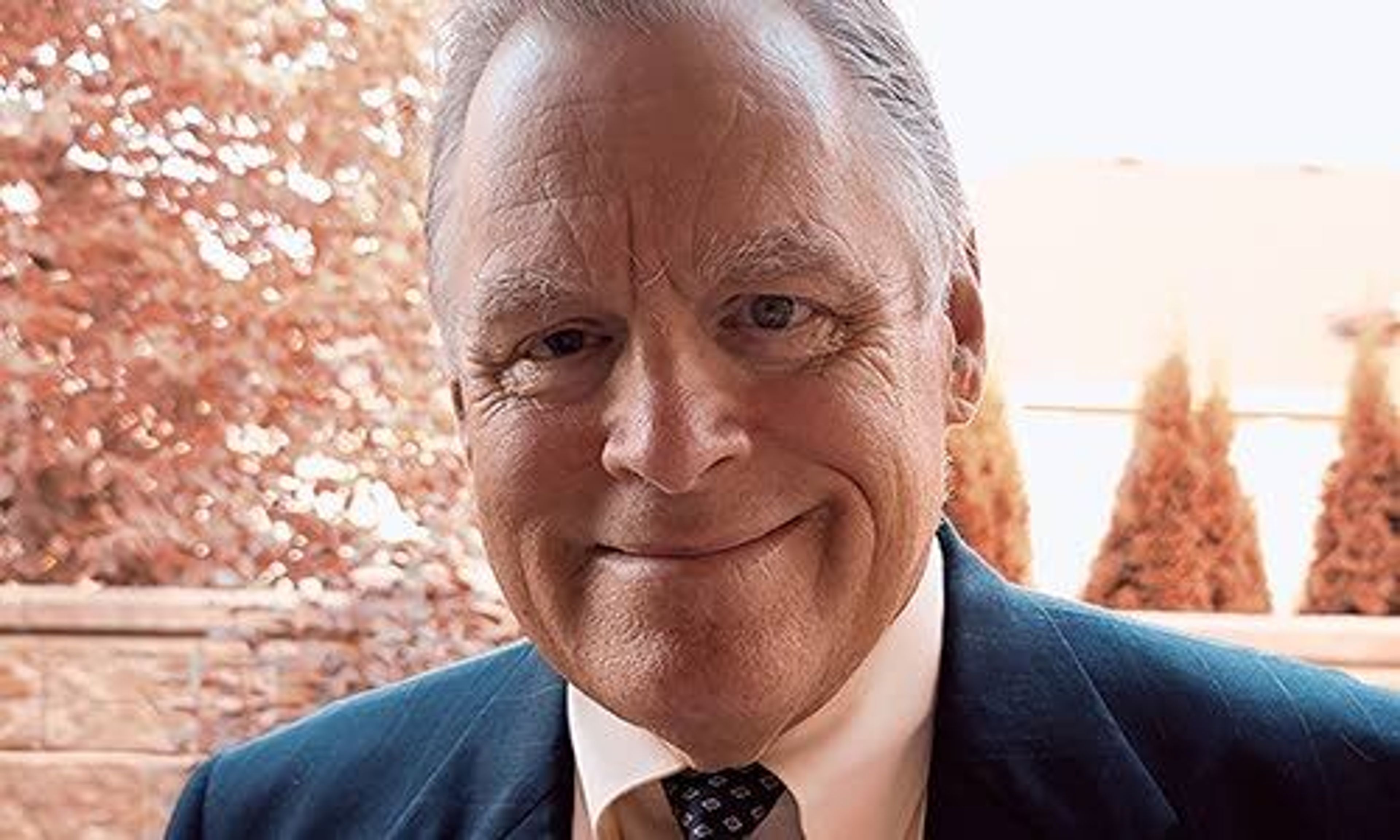OPINION: WA lawmakers must craft drug possession policy
Guest Editorial: Another Newspaper’s Opinion
This editorial was published in The Seattle Times.
———
When a special session of the Washington Legislature begins today, bipartisanship should be more than a buzzword or laudable concept. Indeed, it’s the only way to accomplish what needs to be done.
Lawmakers have only one task: to develop a statewide policy on drug possession, known as the “Blake fix.” If they don’t, the existing law expires July 1.
Given the contentiousness over drug possession and treatment options, it is almost certain that majority Democrats will be unable to corral the different factions of their caucuses to ram a bill through without Republicans.
As such, lawmakers from both parties should reach across the aisle and craft legislation that benefits the majority of Washingtonians. That’s why voters sent them to Olympia. They must meet the moment.
Two years ago, in State v. Blake, the Washington State Supreme Court struck down Washington’s criminal statute prohibiting possession of a controlled substance, which was a felony.
After the ruling, Olympia approved a temporary measure making drug possession a misdemeanor on the third occurrence, with police giving treatment options after the first two arrests. Police and others criticized the system as unworkable as they were unable to track who had received treatment and who had not.
In the anticipated absence of a statewide law, several cities and counties have announced their intent to pass their own ordinances, which would create a confusing patchwork of policies, treatment options and penalties.
According to some informal polling of its members, the Association of Washington Cities estimates that about 75%-85% of cities plan to enact an ordinance to be effective on or around July 1. Another 10%-20% already have a drug ordinance on the books.
This is a potential outcome nobody should want.
“We remain hopeful that there will be a statewide solution enacted during the upcoming special session, and AWC is advocating for a workable statewide statute,” said the organization in a statement to the Times editorial board.
The message wasn’t lost on Gov. Jay Inslee, who said: “Cities and counties are eager to see a statewide policy that balances accountability and treatment, and I believe we can produce a bipartisan bill that does just that.”
The special session is needed because lawmakers were not able to pass a new drug possession law during their 105-day regular session this year. On the positive side, the Legislature earmarked more than $600 million in new state funding for myriad behavioral health services, including additional treatment facilities and services for people with addiction.
Special sessions can run as long as 30 days, but Inslee said lawmakers should be able to finish up by the end of the week.
There are zealots in both parties who want to see either steeper penalties or no consequences at all for those caught with small amounts of controlled substances.
The task for legislative leaders is to not listen to the extremes of their own parties and to negotiate in good faith. State voters are watching and eager for a commonsense solution to this time-consuming drama.
TNS








